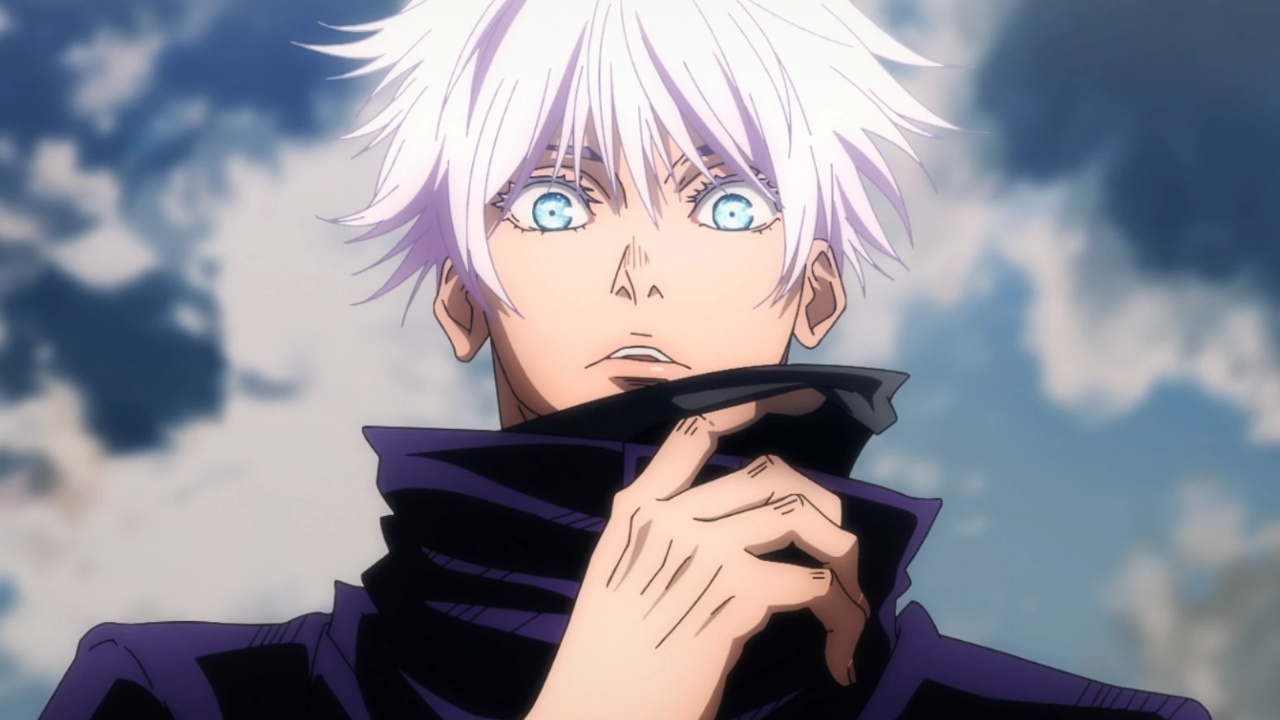Well, yes and no, actually.
Chapter 271 officially ended one of Shonen Jump's best titles Jujutsu Kaisen. Without spoilers, we discuss why the ending caused conflicting emotions and whether it is really as bad as most fans say.
Jujutsu Kaisen Manga Became Uneven after Chapter 236
After chapter 236, the manga started to go downhill: Gojo's death, the confusion with the Itadori family ties, and Nobara disappearing for a hundred chapters showed the obvious truth – the creator of the manga, Gege Akutami, was tired of his work.
The climax – the battle between Sukuna and Satoru – was over, and from that point on the manga became more and more boring, as if the author was still trying to squeeze more chapters out of himself in order to finally finish.
Many plot holes were left unaddressed: for example, we still do not have a complete picture of Sukuna in the golden Heian era or an understanding of who Uraume is.
And despite the fact that with each new chapter there were more plot holes, Gege stubbornly insisted that the manga would end before 2025. Fans hoped that we would see the last chapters in late December, but the author announced the last five chapters in mid-August.
Jujutsu Kaisen Fans Got a Happy Ending No One Expected
In the middle of working on Jujutsu Kaisen, the author warned that out of the four main characters – Itadori, Fushiguro, Kugisaki, Gojo – either one would die and three would survive, or vice versa. Since Satoru was definitely dead by the time the finale was announced, and the fate of Nobara and Fushiguro remained in question, everyone was betting on Itadori and his survivor complex.
But none of the dark theories came true: in the last five chapters, we got a happy ending, we found out how the other characters are doing, and even a little redemption for Sukuna, who promised to choose a different path next time. The powers are restored, the remaining allies celebrate victory. Everything seems to have ended well, but what is the problem?
The Last Chapters Are Too Rushed
Gege tried to fit all the answers to possible questions into the last frames, which is why at least two of the five chapters looked like a summary of the events, trying to give at least some answers to the readers' questions.
Much of the content, such as Uraume's fight with Hakari, was discarded as unimportant. Sukuna did not get a proper explanation of his motivation and, unusually for Gege's work, remained evil for the sake of evil, but most importantly, we did not learn how the world copes with the multiple destructions after the great battle against the King of Curses.
Questions about the structure of the world as a whole are also left unanswered: who is Tengen and what will happen if he is not incarnated in a new vessel, will the curses disappear after Sukuna's reincarnation cycle is broken? Gege did not give a clear epilogue comparing the world before and after Itadori swallowed the cursed object.
The happy ending feels a bit forced because it doesn't cover up the wealth of content that seems to have been left out on purpose.
Jujutsu Kaisen Doesn't Honor Its Fallen Heroes
But the most important omission is the lack of grief. It's as if the characters have forgotten all the horrors and deaths that surrounded them during the year, and have simply given up on their own legacy. Not a single person will say goodbye to Suguru Geto, not a single person will come to the grave of Gojo Satoru – no one will even talk about them, as if they never existed.
And for that the fans are really angry with Gege – he leaves no room for grief and remembrance by forcing the characters to turn away from the obvious truth: people have already died, they have to be buried. The ending leaves a strange feeling of bitterness – there is no sense of triumph, no joy for the survivors, because the dead are not properly honored.
At the same time, it's hard to call the ending of Jujutsu Kaisen bad: after six and a half years, Akutami finally finished his story, despite all the difficulties.
Yes, not without strange plot twists in the style of Nobara's return, yes, not without an attempt to reduce the progress of some characters to zero, yes, not without a happy ending where nobody expected it, but he finished it. And in his best tradition – with philosophical conversations and an attempt to sort out the whole mess of psychological horror he left behind after chapter 236.

